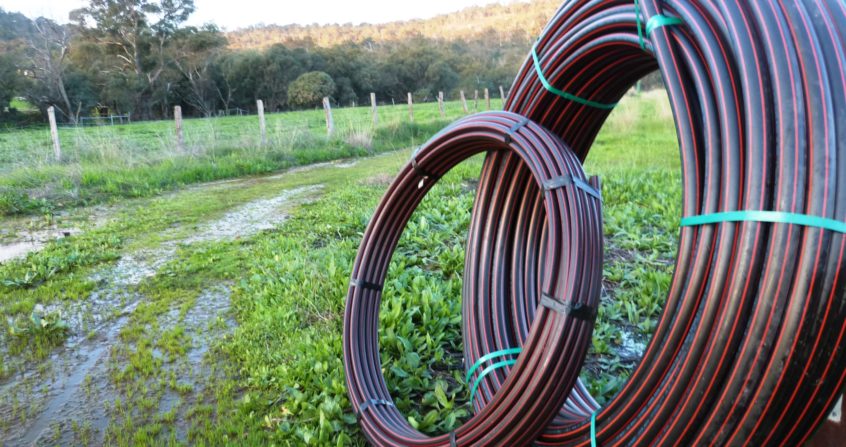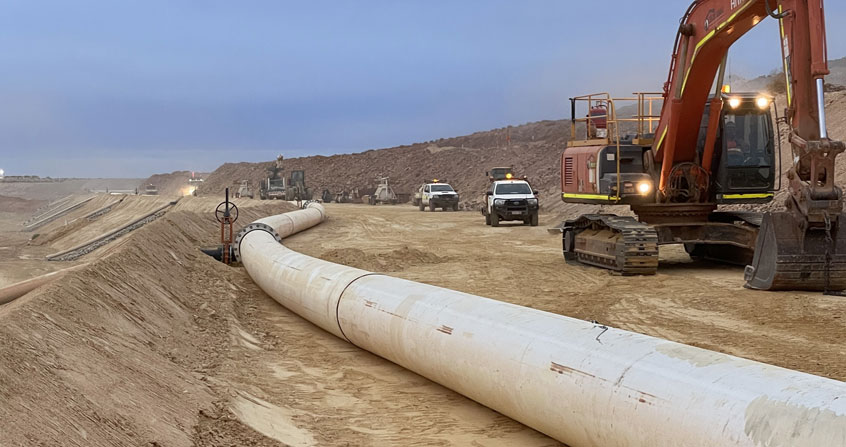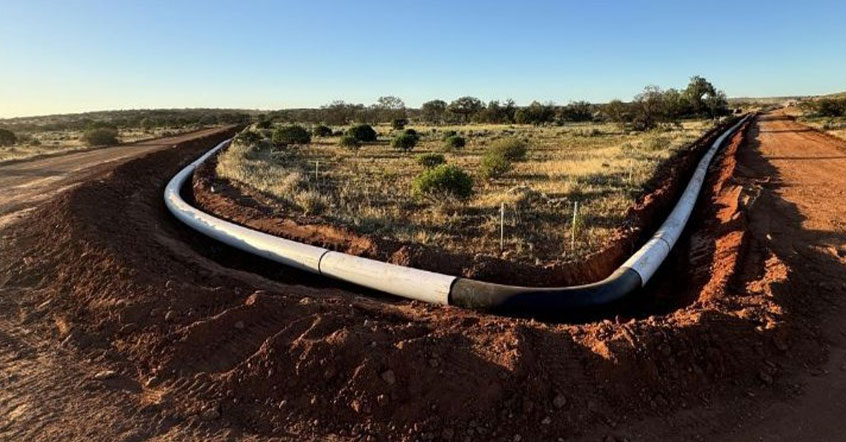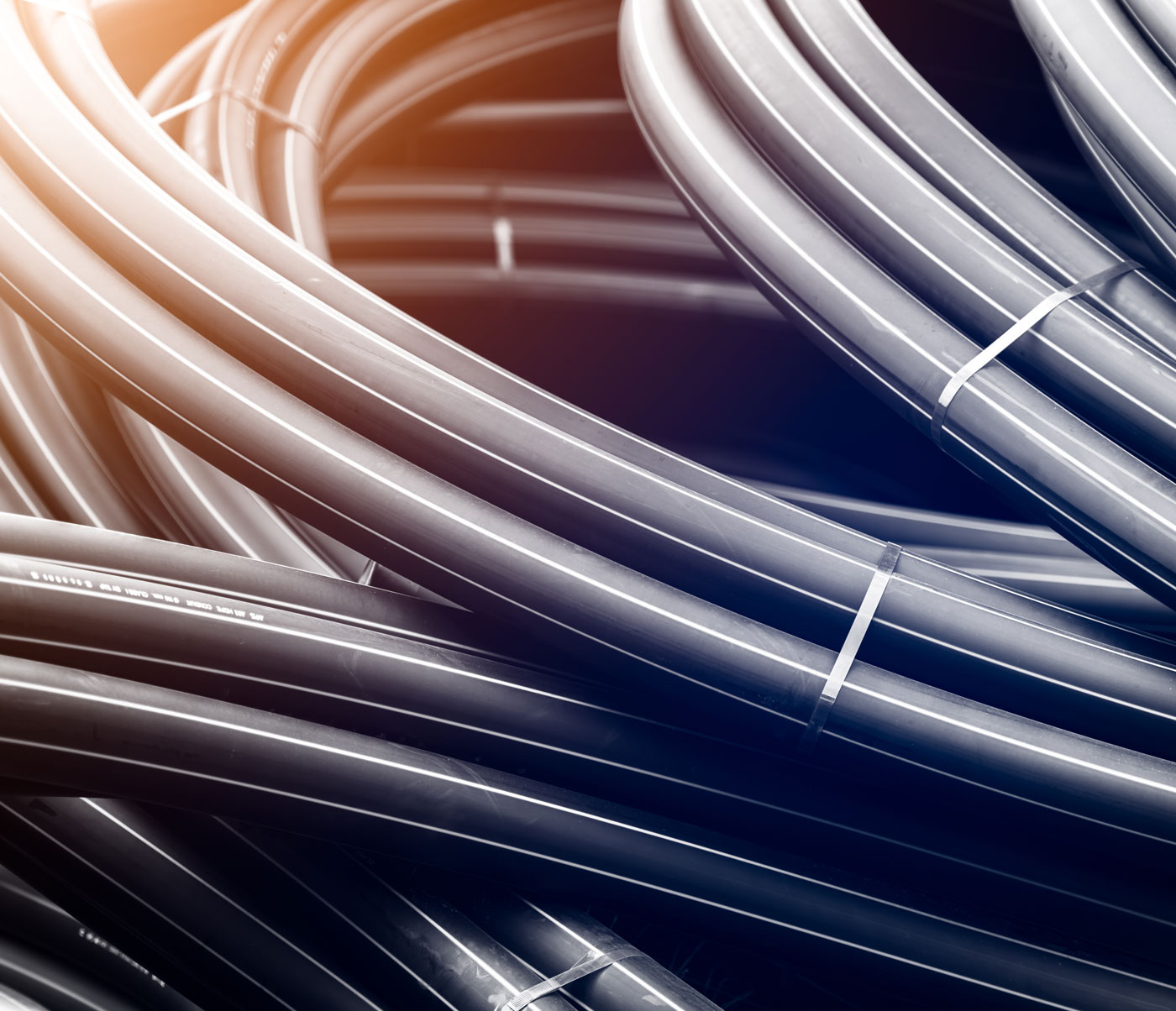When it comes to piping materials, one option stands out for its durability, versatility, and cost-effectiveness: high-density polyethylene (HDPE) pipe.
What is HDPE pipe?
HDPE pipe is a type of polyethylene piping manufactured through a process called extrusion, where resin is melted and formed into a continuous profile. This process allows for the production of long lengths of pipe, reducing the need for joints and potential leak points.
HDPE is commonly used in a variety of applications, from water and gas distribution to industrial and mining operations. It’s a flexible, lightweight, and durable material, resistant to corrosion, chemicals, and extreme temperatures.
HDPE pipe benefits.
- Does not rust or corrode, even when exposed to harsh environments. This makes it an ideal choice for underground installations, where it can withstand the effects of soil and water.
- Has a long lifespan, with a service life of up to 100 years. This is due to its resistance to UV radiation, which can cause degradation in other types of plastic pipes.
- Is versatile and flexible, available in a wide range of sizes, from small diameters for residential plumbing to large diameters for industrial and mining applications. It can bend and curve without the need for additional fittings. This makes it easier to install in challenging terrain or around existing structures, reducing the need for excavation and disruption.
- A cost-effective option for many applications. Its durability and longevity mean that it requires minimal maintenance and replacement, reducing overall costs in the long run.
- Is lightweight and easy to transport, reducing shipping and handling costs.
- Highly resistant to chemicals, corrosion, and biological growth, HDPE is suitable for a wide range of applications. It’s commonly used in the chemical industry, where it can transport a variety of corrosive materials without the risk of degradation or contamination. It’s also an ideal choice for water and wastewater applications thanks to a smooth interior surface that prevents the buildup of bacteria and other microorganisms, ensuring clean and safe water delivery.
- Is environmentally friendly, made from recyclable materials and can be recycled at the end of its service life. Being leak-free, HDPE pipe reduces the risk of contamination and preserves natural resources.
- Easy to install and maintain, HDPE is a popular choice for many industries and suitable for a range of applications. Additionally, HDPE pipe does not require specialised equipment or tools for installation, further reducing costs. Its smooth interior surface also makes it easier to clean and maintain, ensuring optimal performance and longevity.
Consider HDPE pipe for your next project!
HDPE pipe is a top choice for many industries due to its durability, versatility, and cost-effectiveness. Its resistance to chemicals and corrosion, easy installation and maintenance, and long lifespan make it a reliable option for a wide range of applications. If you’re considering a piping material for your next project, contact us to explore the benefits of HDPE pipe and see how it can benefit your operations.





